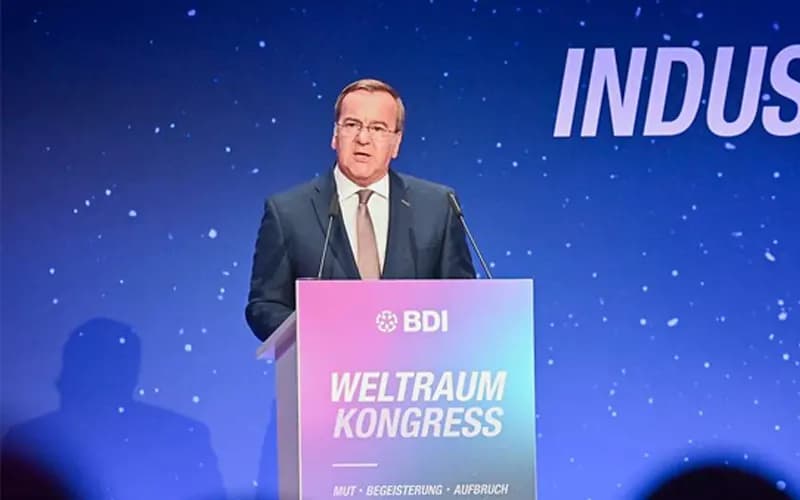Germany Commits €35 Billion to Space Security and Defence
Germany unveiled a national space security strategy to cabinet on November 19, committing to protect critical space services while strengthening deterrent capabilities. The defence ministry pledged about €35 billion over the coming years, a move aimed at shoring up resilience against threats such as GPS disruption in the Baltic Sea region and expanding Germany's industrial capacity in a more contested orbital environment.

Germany presented a new space security strategy to cabinet on November 19, marking a clear shift toward treating space as a core national security domain. The document sets out a dual approach that stresses a rules based and peaceful use of space while also strengthening deterrent and resilience capabilities that officials said will make the military the backbone of national space efforts. The defence ministry plans to invest about €35 billion over the coming years to implement the plan.
The strategy responds to a string of concrete threats, including reported GPS disruption in the Baltic Sea region, which has raised alarms among military planners and commercial shipping operators. Germany's move comes amid growing global competition and an uptick in hostile interference, jamming and other forms of space enabled disruption. By tying substantial funding to military led programmes, Berlin aims to secure satellite communications, navigation and Earth observation services that underpin both civilian infrastructure and defence operations.
Economically the package is significant for Germany's aerospace and defence sectors. The €35 billion commitment will likely translate into increased procurement, research and development funding, and a larger pipeline of orders for companies that build satellites, ground control systems and anti interference technologies. That should boost domestic industrial capacity at a time when European policymakers are focused on strategic autonomy in critical technologies. Investors and supply chain managers will be watching procurement rules and timelines closely, since accelerated spending can create capacity bottlenecks and export control pressures.
Policy implications extend beyond industrial gains. The strategy frames deterrence and resilience as complements to international norms, signaling Berlin's intent to defend space infrastructure without abandoning diplomatic efforts to shape rules of the road. The approach will test Germany's ability to coordinate with NATO allies and European partners, and to reconcile the role of its armed forces with traditionally civilian space agencies and commercial operators. The plan also raises choices about budget tradeoffs, as sustained military led spending on space may require reprioritisation across defence and domestic programmes.
Longer term, the strategy reflects a broader shift in how advanced economies treat space. Dependence on satellite services for navigation, communications and climate monitoring has increased, making resilience a fiscal as well as strategic priority. The German package is part of a pattern of higher space related defence investments across allied countries, driven by advances in anti satellite capabilities and the proliferation of dual use technologies. If implemented at scale, the funding could accelerate European supply chains for satellites and sensors while also prompting regulatory changes around export controls and public private partnerships.
Germany now faces the operational challenge of turning the strategy into deliverable projects that build deterrence and provide tangible protections for civilian users of space. How fast procurement moves, how industry scales, and how Berlin coordinates with allies will determine whether the €35 billion pledge becomes a decisive step toward greater resilience or a headline that raises expectations without immediate results.


